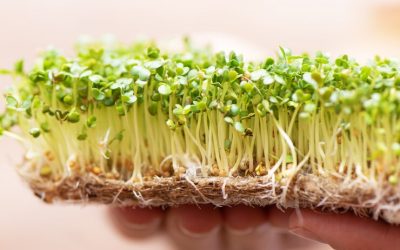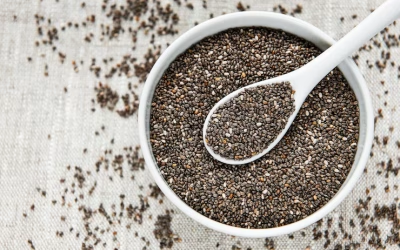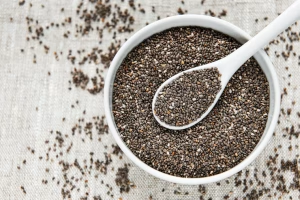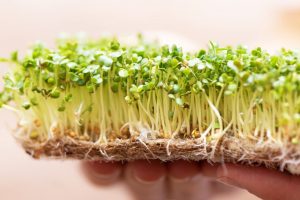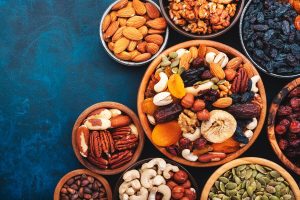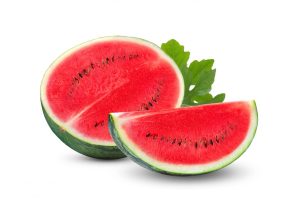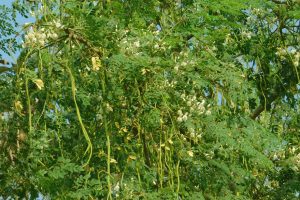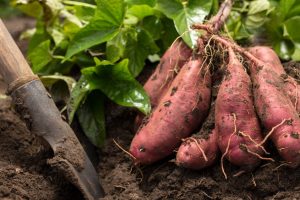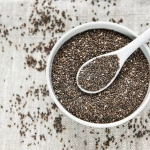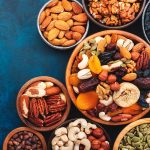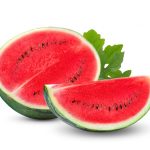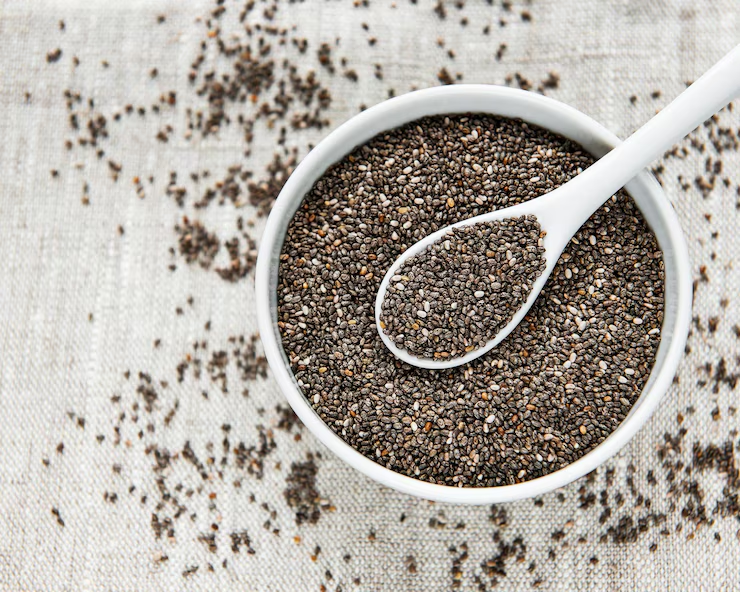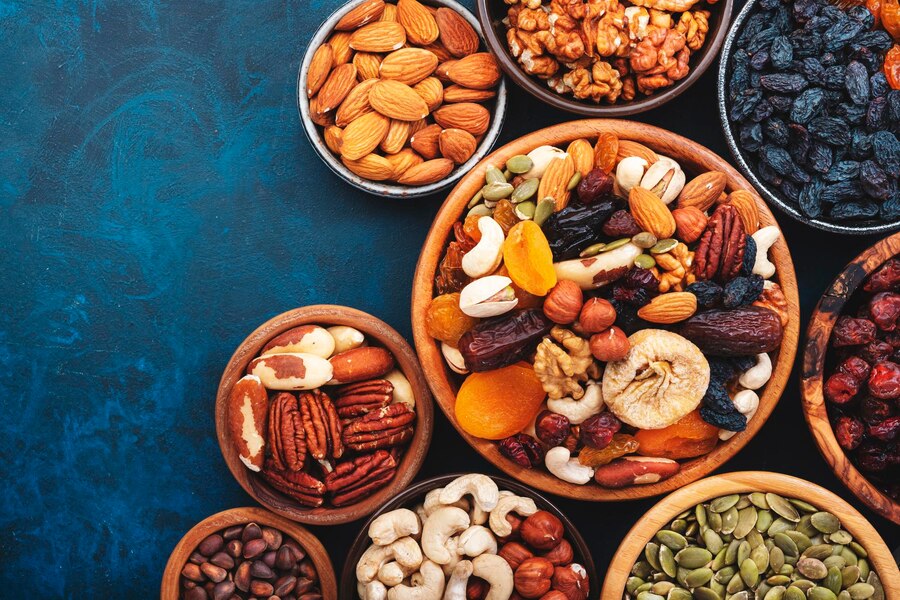Watermelons have been known to taste sweet and refreshing, a fruit used most during summer months. To quench thirst only, face it is never serious at all about how one understands fruit like watermelon. It has many health benefits, and the herbal elements present promote general well-being. Every part of this fruit has something valuable from its juicy flesh down to its nutrient-rich seeds. We will discuss the herbal and health benefits of watermelon, explore its nutritional profile and that of its seeds in this blog post.
Watermelon (Citrullus lanatus) is a member of the Cucurbitaceae family, the same family as cucumbers, pumpkins, and squash. It originated in Africa but now grown in various parts of the world. This fruit consists mainly of water, about 92%, making it an excellent hydrating snack, especially during hot days.
Health Benefits of Watermelon
- Hydration: Because watermelon is made up of over ninety percent water, it is an excellent choice for hydration. Eating watermelon on a hot day helps to replenish electrolyte balance.
- Rich in Antioxidants: The watermelon has many antioxidant components, like vitamin C and beta-carotene. These antioxidants fight free radicals in the body thus reducing inflammation and protecting cells from oxidative damage.
- Heart Health: There’s lycopene in watermelon which gives it its red color and acts as an antioxidant compound. It has been shown that lycopene supports heart health by reducing cholesterol levels; lowering blood pressure; preventing oxidative damage to blood vessels among others.
- Supports Weight Loss: As it does not have any fat, so watermelon is a low calorie food item. The fiber and high water content also promote feelings of fullness which makes the fruit suitable for weight management.
- Boosts Immunity: Watermelon contains a high content of vitamin C that improves immunity by enhancing the production of white blood cells while aiding wound healing.
- Improves Digestion: A lot of fiber in watermelon leads to healthy digestion since it prevents constipation and promotes regular bowel movement.
- Supports Skin Health: Vitamins A and C are abundant in watermelon which helps to maintain skin health. Vitamin C supports collagen synthesis thus enhancing elasticity while vitamin A helps in repairing damaged skin.
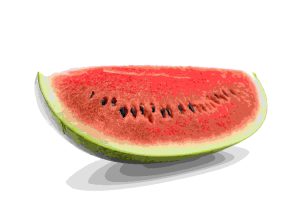
Herbal Benefits of Watermelon Seeds
As a rule, people throw away watermelon seeds but they are actually very nutritious and have unique health advantages. In addition to having diverse nutrients, watermelon seeds are used in herbal medicine traditions including aspects that may support intimate well-being.
- A Rich Source of Magnesium: Watermelon seeds are an important dietary source of magnesium, which is necessary for maintaining nerve and muscle function, bones health and regulating blood pressure.
- Good Source of Zinc: Increasing testosterone levels and improving sperm quality are the roles attributed to zinc hence it might be useful in improving male fertility.
- Excellent for Heart Health: The seeds contain unsaturated fats like omega-6 fatty acids which help lower cholesterol levels thus supporting heart health.
- Supports Hair & Skin Health: Zinc present in watermelon seeds promotes hair growth by providing necessary vitamins leading to a healthy skin plus helping wounds heal faster.
- Speeds Up Metabolism: High concentration of protein is present in these seeds that build tissues aiding metabolism boost.
- Improves Brain Function: In addition to iron content that carries oxygen to brain thereby enhancing cognitive functionality, watermelon also provides vitamins essential for brain functioning.
Nutritional Profile of Watermelon
A cup (154 grams) of diced watermelon contains:
- Calories: 46
- Carbohydrates: 11.5 grams
- Protein: 0.9 grams
- Fat: 0.2 grams
- Fiber: 0.6 grams
- Vitamin C: 12.5 mg (21% of the Daily Value)
- Vitamin A: 865 IU (17% of the Daily Value)
- Potassium: 170 mg
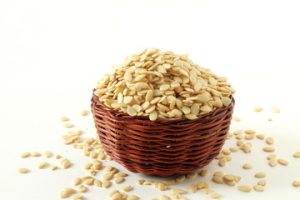
Nutritional Profile of Watermelon Seeds
A one-ounce (28 grams) serving of dried watermelon seeds provides:
- Calories: 158
- Carbohydrates: 4.3 grams
- Protein: 8 grams
- Fat: 13.4 grams
- Magnesium: 146 mg (37% of the Daily Value)
- Zinc: 1.1 mg (7% of the Daily Value)
- Iron: 2 mg (11% of the Daily Value)
How to Eat Watermelon and Incorporate It into Your Diet
- 1. Watermelon Juice
- 2. Watermelon Salad
- 3. Watermelon Smoothie
- 4. Roasted Watermelon Seeds
Watermelon is not only a delicious fruit but also a powerhouse of nutrients with multiple health and herbal benefits. From hydrating your body to supporting heart health, boosting immunity, and improving digestion, watermelon is a great addition to any diet. Don’t forget the seeds, as they are packed with healthy fats, protein, and essential minerals.
To get more information about herbal and health benefits of fruits, vegetables and nutrition please visit Herbalgourmets website.

